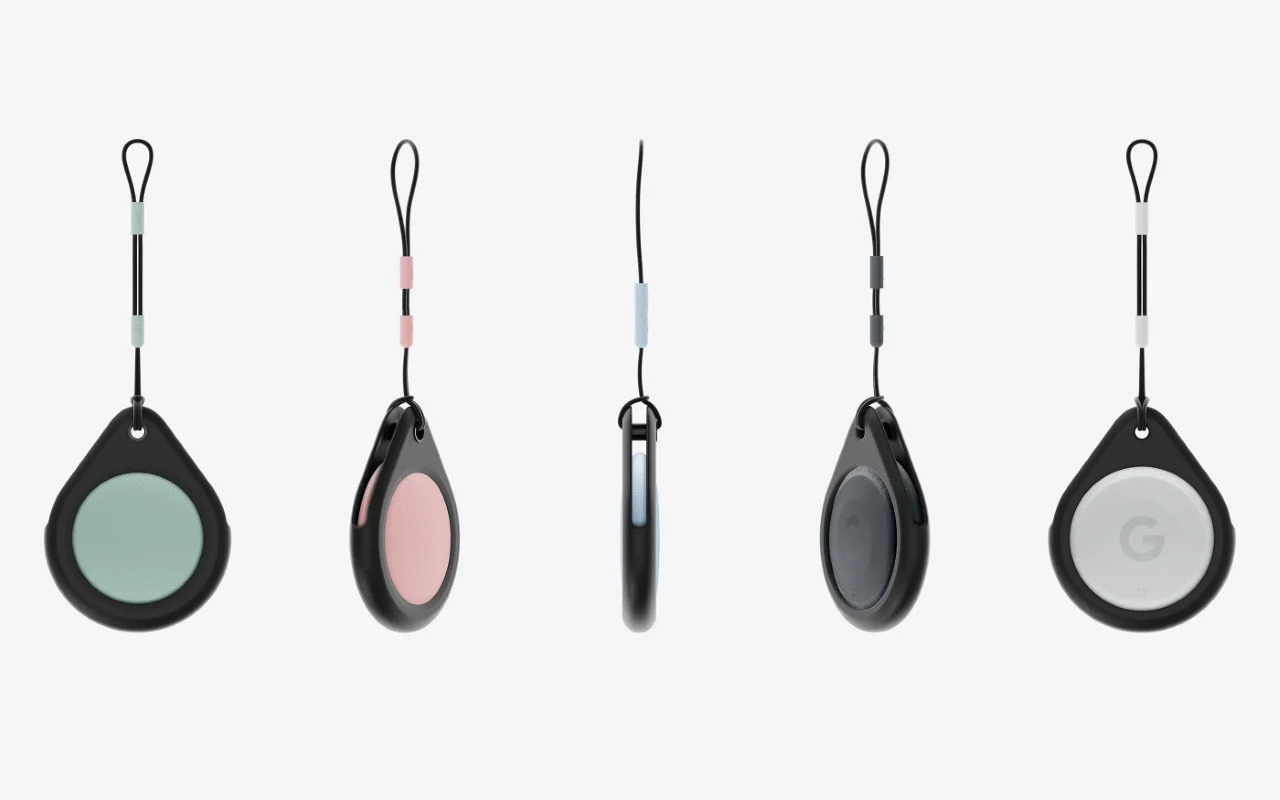
**
As an SEO expert with a deep understanding of mobile accessories, I am thrilled to delve into the world of Google's AirTag copycat. The potential of this innovation is immense, and it's natural to feel a mix of excitement and apprehension. The prospect of a product that mirrors the AirTag's capabilities is both intriguing and unsettling. How will Google's iteration compare, and what unique features might it bring to the table? These questions have sparked widespread curiosity and concern among tech enthusiasts and consumers alike. In this article, we'll explore the implications of Google's AirTag copycat and the impact it could have on the market. Join me as we unravel the potential of this upcoming release and the implications it holds for the world of mobile accessories.
**
Inside This Article
**
Google’s AirTag Copycat
**
Google’s rumored entry into the item-tracking device market has stirred up a whirlwind of speculation and excitement. As a tech enthusiast, the prospect of Google developing its own version of Apple’s AirTag is undeniably intriguing. However, this potential development also raises some thought-provoking questions about innovation, competition, and privacy in the tech industry.
With Google’s extensive experience in creating innovative hardware and software solutions, the idea of a Google-branded item tracker holds immense promise. The company’s track record of delivering cutting-edge products, such as the Pixel smartphone lineup and Nest smart home devices, indicates that a Google AirTag equivalent could be nothing short of remarkable.
Nevertheless, the notion of Google replicating Apple’s AirTag functionality and design raises concerns about the potential lack of originality in the tech industry. While healthy competition often drives progress and innovation, the prospect of a Google AirTag copycat prompts reflection on the balance between healthy competition and derivative product development.
Potential Features
Google’s rumored AirTag copycat could potentially offer a range of features that cater to the diverse needs of users. One of the most anticipated features is seamless integration with Google’s ecosystem, allowing users to effortlessly track their belongings using their existing devices. This integration could extend to Google Assistant, enabling users to locate their items through voice commands, further enhancing the user experience.
Additionally, the speculated device may leverage Google’s extensive mapping capabilities, providing real-time location tracking with pinpoint accuracy. This feature could be particularly appealing to individuals who frequently misplace their belongings in various locations, offering peace of mind and convenience.
Moreover, the potential inclusion of customizable alerts and notifications could set Google’s offering apart. Users may have the option to set personalized alerts for different items, allowing them to differentiate between their keys, wallet, or other valuables. This level of customization could enhance the practicality and user-friendliness of the device.
Furthermore, the device’s design and build quality are crucial aspects that could significantly influence its appeal. If Google prioritizes a sleek, compact design with durable materials, it could resonate with consumers seeking a blend of functionality and aesthetics in their tracking devices.
Another anticipated feature is seamless compatibility with Android devices, ensuring a smooth and intuitive setup process for users within the Android ecosystem. This seamless integration could streamline the user experience and solidify Google’s position in the market.
Privacy Concerns
As with any tracking device, privacy concerns are a significant consideration. The potential for misuse of location-tracking technology raises red flags for many consumers. The idea of someone being able to surreptitiously track your movements is undeniably unsettling. Additionally, there are concerns about the security of the data collected by these devices. If not properly secured, this information could be vulnerable to hacking and exploitation.
Furthermore, the implications for personal privacy are profound. The ability for individuals or entities to track your location without your knowledge or consent is a clear invasion of privacy. This raises questions about the ethical use of such technology and the potential for abuse by those with nefarious intentions.
Moreover, there are worries about the potential for these tracking devices to be used for stalking or other criminal activities. The ease of access to someone’s location data could pose a serious threat to their safety and well-being. It’s essential to address these concerns and implement safeguards to prevent misuse and protect user privacy.
Sure, here's the conclusion for the article:
html
Conclusion
As technology continues to advance, the market will inevitably see more products that resemble or improve upon existing innovations. While the arrival of Google’s AirTag alternative may evoke concerns about imitation, it also presents an opportunity for consumers to benefit from enhanced features and competitive pricing. Ultimately, the evolution of mobile accessories reflects the industry’s commitment to meeting the diverse needs of users. By staying informed about these developments, individuals can make well-informed decisions when selecting accessories that complement their devices and lifestyles.
FAQs
Q: What is an AirTag?
A: An AirTag is a small tracking device developed by Apple that uses Bluetooth and the global Find My network to help users locate misplaced items.
Q: What is Google’s AirTag copycat?
A: Google’s AirTag copycat refers to the rumored tracking device developed by Google, which is expected to be similar to Apple’s AirTag in terms of functionality and features.
Q: How does Google’s AirTag copycat work?
A: While specific details about Google’s AirTag copycat are not yet available, it is anticipated to utilize Bluetooth technology and possibly integrate with Google’s ecosystem to help users keep track of their belongings.
Q: What are the potential benefits of Google’s AirTag copycat?
A: Google’s AirTag copycat could offer Android users a seamless and efficient way to locate lost items, similar to the convenience provided by Apple’s AirTag for iOS users.
Q: What are the concerns surrounding Google’s AirTag copycat?
A: The concerns about Google’s AirTag copycat revolve around potential privacy and security implications, as well as the impact on the market dynamics between Apple and Google in the realm of tracking devices.
